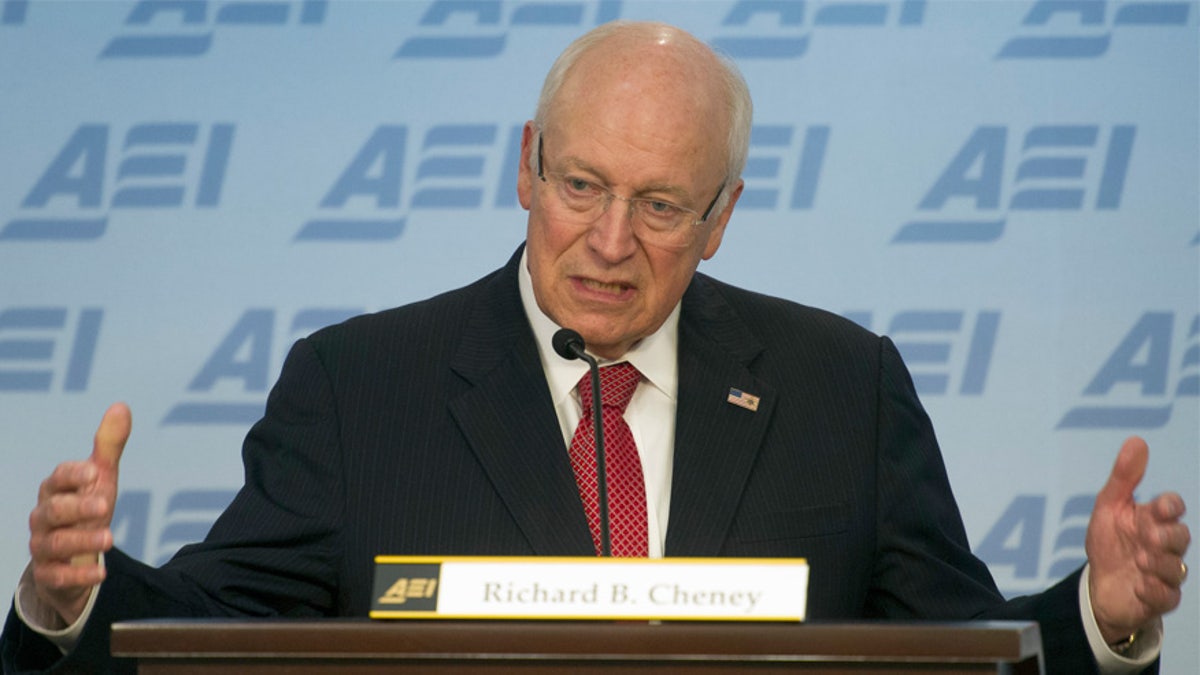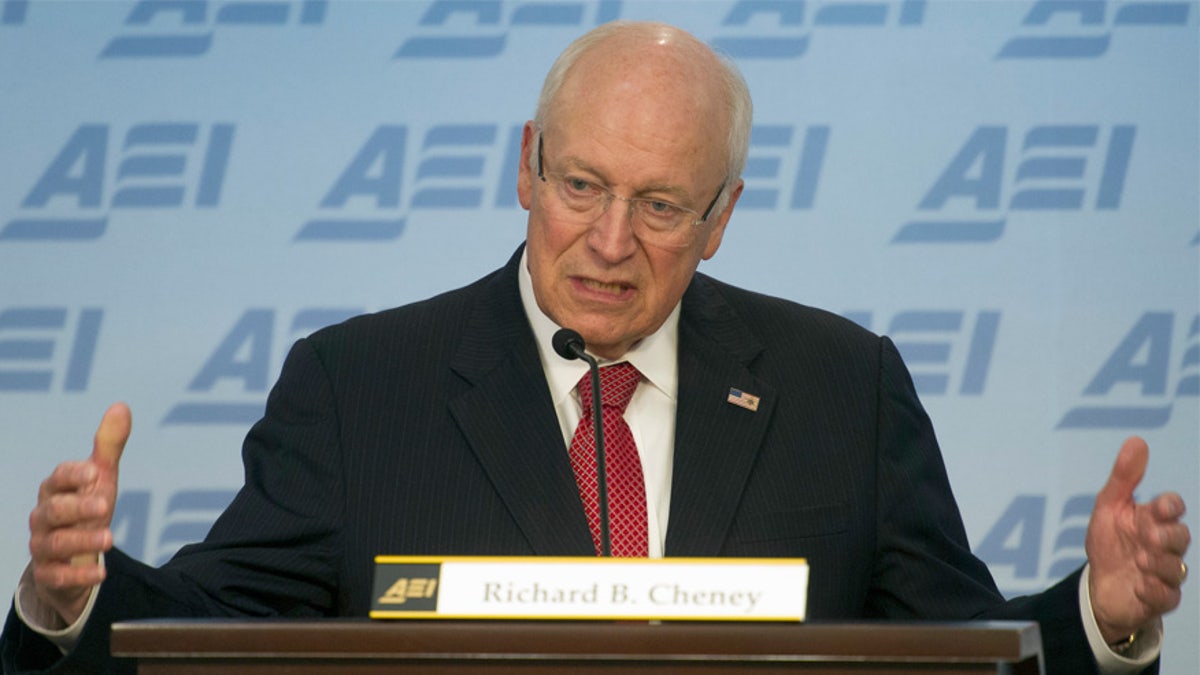
FILE -- I. Lewis "Scooter" Libby (AP)
People who wonder why the war in Iraq went so wrong for so long, will need to read Judith Miller’s new book “The Story: A Reporter’s Journey.” Miller details how special prosecutor Patrick Fitzgerald rigged the 2007 perjury trial of Vice President Dick Cheney’s chief of staff I. Lewis “Scooter” Libby in the Valerie Plame case, and in the process wrecked an early opportunity to reverse course in that strife-torn country.
It may be one of the most disastrous cases of prosecutorial misconduct in history.
It may be one of the most disastrous cases of prosecutorial misconduct in history.
There’s a longstanding media myth that CIA employee Valerie Plame and her diplomat husband Joe Wilson were targets of a conspiracy led by Dick Cheney and Libby to blow Plame’s CIA covert identity as payback for an op-ed Wilson wrote for the New York Times in July 2003 saying the Bush administration lied about Saddam Hussein trying to get yellowcake uranium in Niger in order to build an atomic bomb.
It may be one of the most disastrous cases of prosecutorial misconduct in history.
That myth fell apart long ago.
We’ve known for some time that Wilson lied about Saddam’s search for yellowcake; that his op-ed was contradicted by his own report for the CIA; that Cheney had sent Scooter Libby out to talk to reporters like Judith Miller in order to refute Wilson’s lies, not to “out” anyone’s CIA employment; and that the man who actually did pass on Plame’s identity to columnist Robert Novak that fateful July was Undersecretary of State Dick Armitage—and that special prosecutor Fitzgerald knew that even before he began his three-year investigation into the so-called leak.
Miller now reveals this was because Fitzgerald’s real quarry was Vice President Dick Cheney.

(AP)
Fitzgerald obsessively pursued Libby for supposed misstatements to FBI and a grand jury in hopes that the vice president’s chief of staff would roll and say his boss sent him out to leak Plame’s CIA identity. Twice, Miller says, Fitzgerald told Libby’s lawyers he would drop the charges if Libby would lie and rat out Cheney; each time they said no.

(AP)
So instead Fitzgerald constructed a web of lies out of Miller’s testimony in the Libby trial in order to get a conviction, by withholding exculpatory evidence from her and from Libby’s lawyers. Fitzgerald convinced her that four words in her notes from a conversation with Libby--“Wife worked at Bureau?”—had to refer to Plame working at the CIA, even though no one ever calls the CIA the Bureau.
It was only years later, Miller writes, that she realized “Bureau” actually referred to the fact that Plame once had a covert job at the State Department, which is divided into bureaus—a fact that Libby never knew and had to come to Miller, she now realizes, from some other source. Fitzgerald knew the truth about Plame, as well, but withheld that vital information from her and from Libby’s lawyers. That in turn helped lead to the conviction of an innocent man—and, inadvertently, to near-disaster in Iraq.
That summer of 2003 the American occupation in Iraq was going sour fast. There was one person close to the White House who was arguing for a change in strategy, suggesting that military forces switch their focus from occupying Iraq and beating back terrorists to a counterinsurgency…Then-Deputy Secretary of Defense Paul Wolfowitz has told Miller that as early as June 2003 Libby was pushing for a new strategy in Iraq—that is, until the Plame investigation pulled him into meetings with the FBI and grand juries instead.
Dick Cheney is even more direct and succinct. The four year investigation and trial of Scooter Libby “distracted and undermined” his chief of staff’s effectiveness as a voice for change, Cheney told Miller–with disastrous results, including the deaths of thousands of Americans until a surge came three years too late to save the American public’s patience.
The result was the election of Barack Obama; the premature withdrawal of American forces in Iraq; and the current holocaust unfolding with ISIS.
If Miller is right, Patrick Fitzgerald doesn’t just have a case of prosecutorial misconduct on his hands. He has blood on them, as well.








































